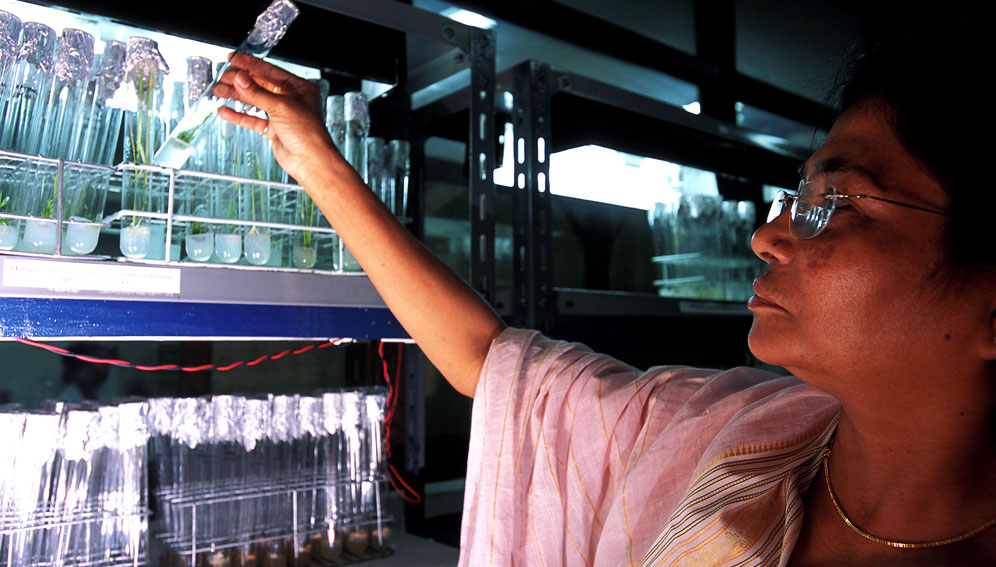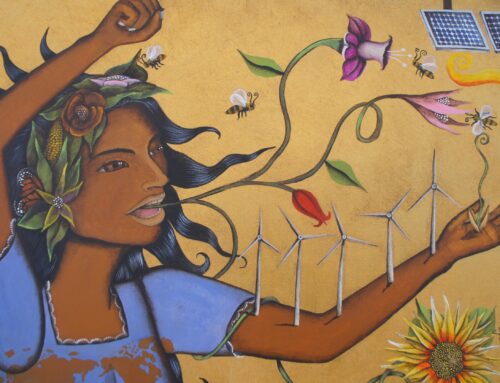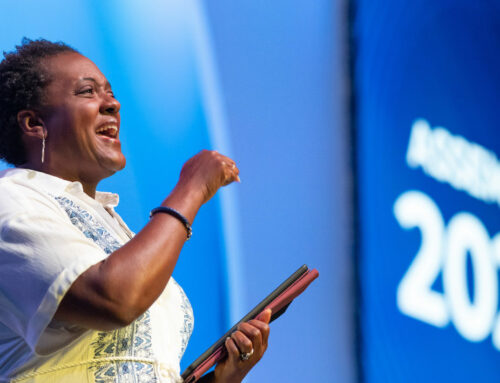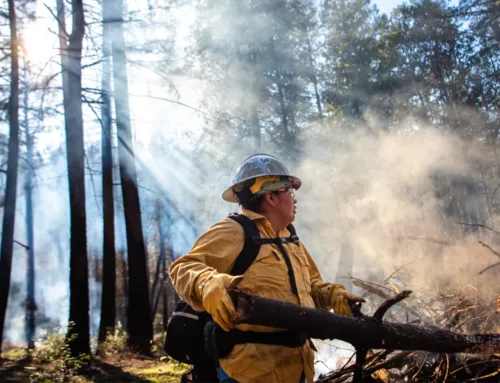A new assessment report released last week (8 October) by the UN’s Intergovernmental Panel on Climate Change (IPCC) highlighted the importance of raising the capacity of least developed countries (LDCs) and small island developing states (SIDS) in climate management and the special role of women as a group vulnerable to the impacts of climate change. According to a February 2018 study published in the PNAS, the proportion of female IPCC authors increased from less than five per cent in 1990, when the first report was published, to slightly more than 20 per cent in the more recent assessment reports. For instance, 75% perceived weak command of the English language as a barrier to participation, while 30% saw race as an obstacle. Chandni Singh, a climate change researcher from India and a lead author for the IPCC’s, has seen women face barriers to their participation, including overt discrimination and insufficient childcare facilities at meetings. Acknowledging the barriers women face, the scientific body decided in March to establish a gender task group, now being co-chaired by Patricia Nying’uro from Kenya and Markku Rummukainen from Sweden. Joy Pereira, a professor at the Southeast Asia Disaster Prevention Research Initiative of Universiti Kebangsaan Malaysia (SEADPRI-UKM) and a vice-chair of the IPCC’s Working Group 2, tells SciDev.Net that the scientific body should ask their hosts to ensure greater participation of women. Photo Credit: Chris Stowers/Panos







